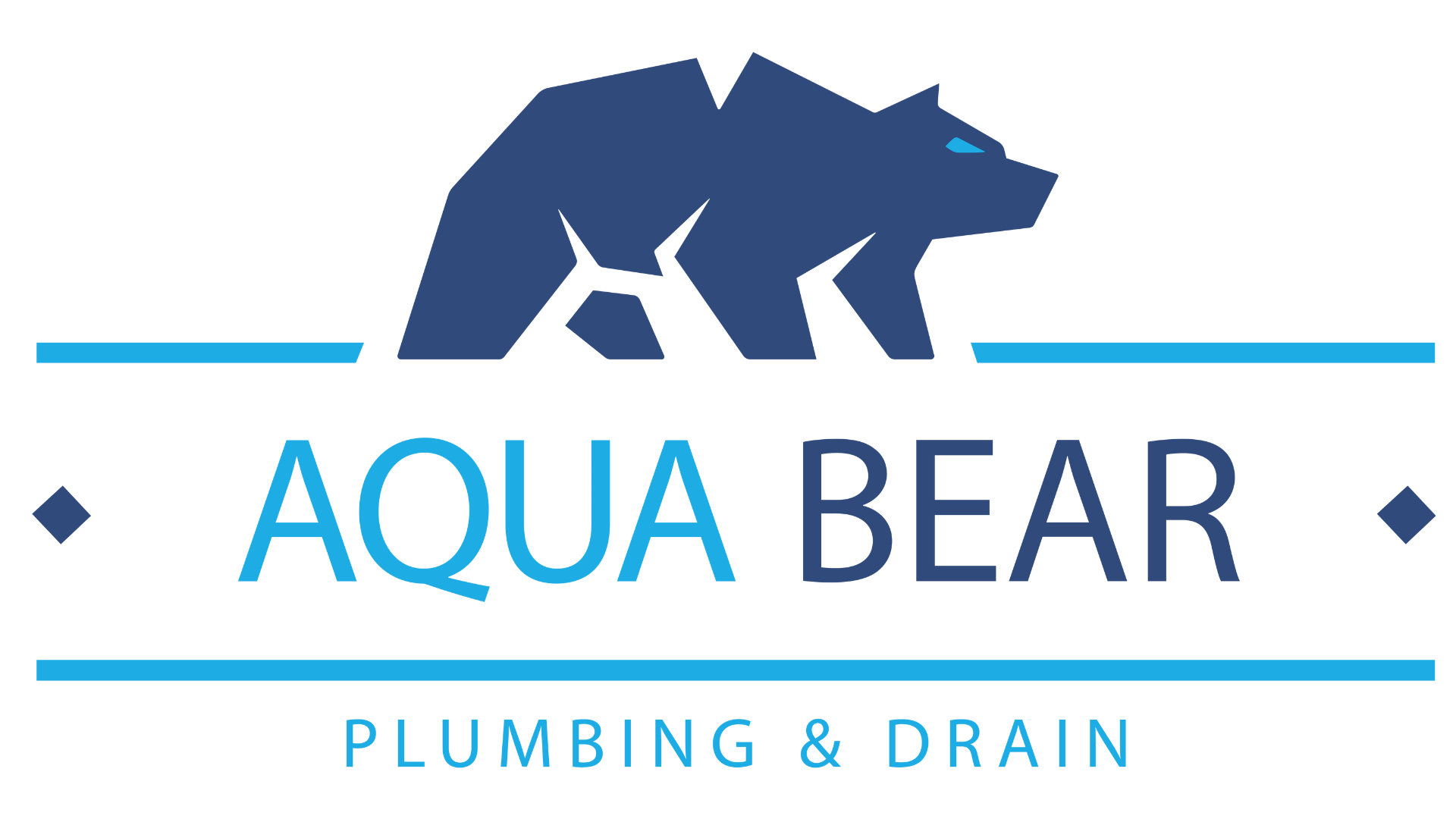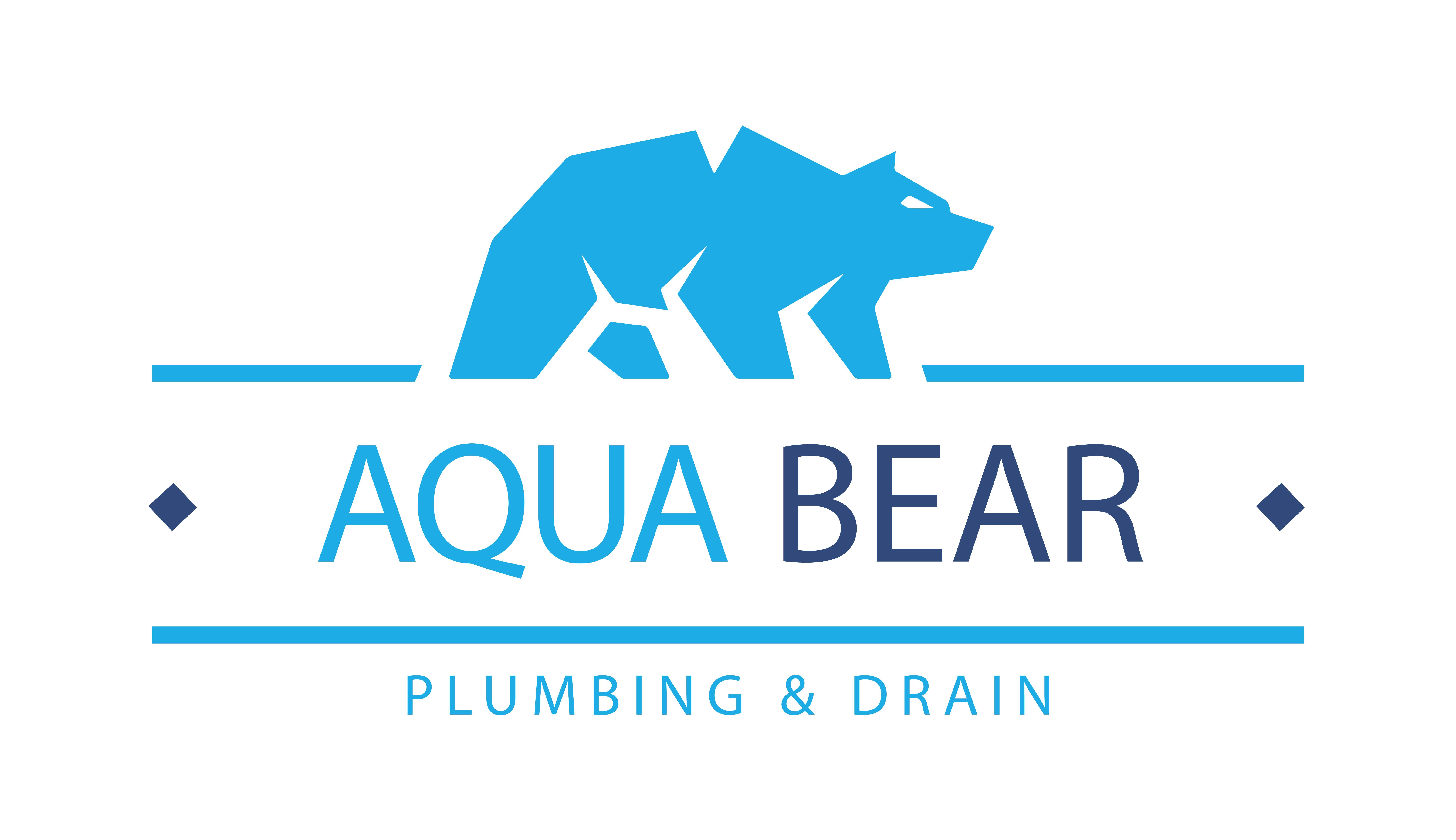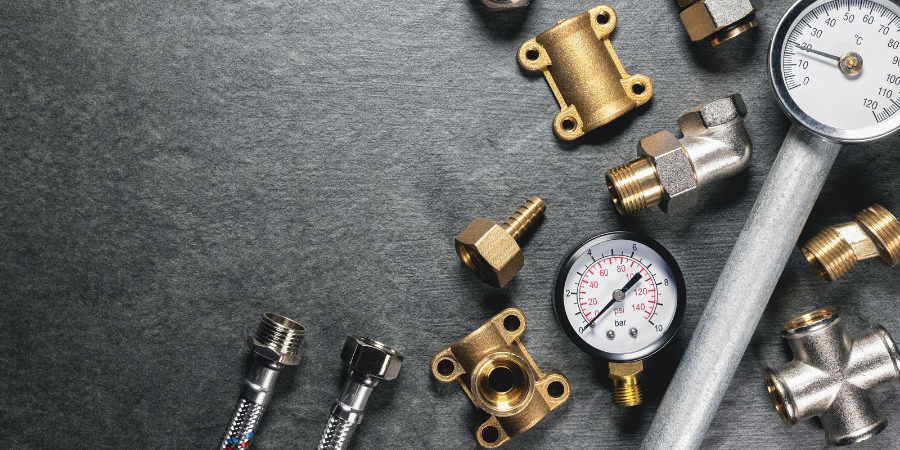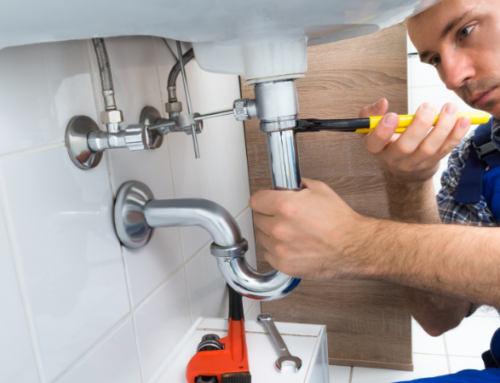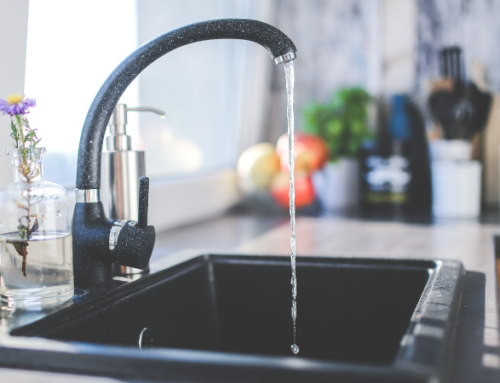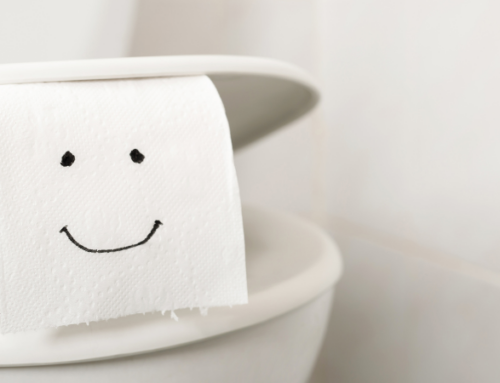Homeownership in North County carries many responsibilities and among them is the maintenance of the home and its plumbing system. Without a general knowledge of plumbing basics, homeowners will struggle with ordinary issues that are bound to crop up and will be robbed of the opportunity to catch problems before they turn into plumbing emergencies.
In this article, we will learn about residential plumbing systems and the components that make up these systems. We will form a checklist of routine maintenance chores that should be performed and safety tips will be discussed to best protect homeowners from potential health risks and injuries. We will also learn when it is time to call in a professional. This article will stress the importance of education and the application of certain principles to help extend the life of the plumbing system and to keep homes safe and comfortable.
Overview
A residential plumbing system is made up of a series of water service lines, drainage pipes, plumbing fixtures, and associated water-using appliances that work in unison to keep your home functioning and sanitary. Clean water enters your home from the city’s water supply, first passing a usage-recording water meter and onto a water shut-off valve. This valve is used to stop the entry of water in case of emergencies or needed repairs. From there the water travels through service lines directing water to individual fixtures and appliances with a portion being sent to the water heater. Showers, tubs, sinks, washing machines, and dishwashers that require hot water are supplied through hot water lines after exiting the water heater.
Solid wastes from kitchens and baths along with liquid waste are directed down drains using the force of gravity to move them along the drain pipe and into the sewer line. The sewer line is the main pipe keeping waste out of your home by transferring it to the sewer system or an onsite septic tank. Pipes and drains are parts of the plumbing system as well as ventilation components that are used to remove foul odors and keep sewer gasses out. Ventilation is also a needed component for maintaining proper pressures in the plumbing system to keep fixtures working properly.
Common Plumbing Issues
Understanding how your plumbing system works, along with the associated plumbing fixtures, will help you identify issues early before they turn into disastrous plumbing emergencies. Some common plumbing issues that arise can be small and annoying and easily remedied by most everyone while other issues are more complex requiring specialized knowledge or tools and must be referred to a professional plumber.
Some of the most common plumbing issues originate in the kitchen. Dripping faucets are common as well as clogged drains from improper disposal of food items. Leaking garbage disposals are also frequent plumbing issues found in kitchens.
The bathroom is another popular location for plumbing problems to originate. Running toilets can waste thousands of gallons of water a year and clogged toilets also account for a large percentage of plumbing service calls. Many homeowners use their toilets as trash receptacles, disposing of items that easily clog toilet drains. Even so-called flushable bath products can create stubborn blockages that may require professional help.
Behind walls, plumbing issues can lurk with leaky pipes causing all kinds of issues from rotting sub-flooring to health-hazardous mold growth. More serious plumbing problems would include burst pipes or an exploded water heater creating panic from flooding. Sewer line backups are just as startling where liquid and solid waste bubble up into showers, tubs, and even the kitchen sink! These are tall considered rue plumbing emergencies.
Maintenance
Many plumbing disasters can be avoided If a regular maintenance schedule is followed. It takes little time to properly maintain a plumbing system and the rewards far exceed the time and energy invested. On a quarterly basis, a visual inspection should be made of all exposed plumbing pipes, fixtures, and appliances. Look for leaking plumbing joints, soft spots on floors, mold and mildew growth, or water dripping from pipes and faucets. Yearly, the hot water heater should be examined for leaks, and the tank, if there is one present, should be flushed to remove sediment and debris. This will not only extend the life of the hot water heater it will ensure improved water quality and a better functioning heater.
Educating yourself and your family about proper waste disposal habits can help keep your plumbing system in good order. Plumbing maintenance should include education as well as frequent reminders that nothing but human waste can go in the toilets. Additionally, carefully monitor kitchen food waste and be selective as to what is permitted down the drain. Regular rinsing of all drains using a mixture of vinegar and baking soda will also help keep drains clear and smelling fresh.
Safety First
Safety is the #1 concern when monitoring the plumbing system. Many plumbing components have electrical power sources and everyone understands the dangers of mixing water with electricity. Additionally, contaminated water backing up into your home can be dangerous as the water contains toxins that are harmful to humans. Mold is probably the most dangerous of all plumbing calamities and should be avoided when attempting maintenance tasks. Mold remediation services may need to be engaged to prevent the negative effects of breathing mold spores.
Call In The Professionals
Certain conditions will require the special services of a professional plumber to keep you safe. Their services will also be needed when plumbing issues are too large, too complicated, or require special tools for completion. When hiring a professional it is important to be certain they have proper licensing and insurance to protect you from accidental damages. Take the time to research their reputation on social media and read the reviews that past customers have provided. Always inquire about estimates and insist on pre-approval of work to avoid surprises at the time of payment. Hiring an experienced and trusted professional can be the smartest decision you ever made!
Conclusion
Gathering a basic understanding of a plumbing system is crucial to maintaining a safe and comfortable home. It will allow a homeowner to fix plumbing issues while they are small to help avoid plumbing disasters. Knowing how to perform basic maintenance while maintaining safety is important as well as knowing when a job is beyond the homeowner’s capability. A professional plumber you can trust is the most important ingredient in the residential plumbing mix and homeowners would be wise to call on their knowledge and expertise when needed.
